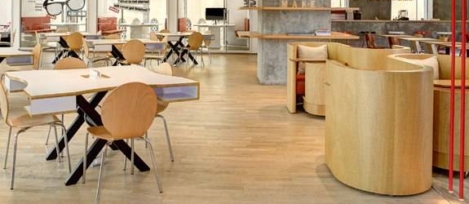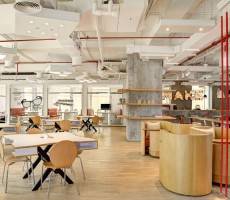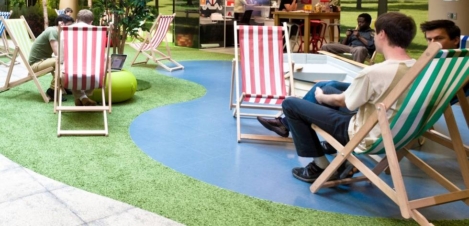July 11, 2015
Agile workers beat strikes + World’s healthiest building + 3D printed office
 In this week’s issue; Paul Carder points out agile workers were unaffected by tube and train strikes; Maciej Markowski says despite digital technological advances, companies still appear to value human interaction and Sara Bean suggests employers only encourage home-working when it is on their terms. Mark Eltringham finds two new reasons to dislike tall buildings and argues employers attempt to manage stress in the workplace in the wrong way. We learn that a Chinese 3D printing firm plans to print a fully functioning office in Dubai; Melbourne claims to have the healthiest workplace in the world and an alarming report finds that the Internet is reducing our ability to memorise and recall things for ourselves. Subscribe for free quarterly issues of Work&Place and via the subscription form in the right hand sidebar for weekly news, follow us on Twitter and join our LinkedIn Group to discuss these and other stories.
In this week’s issue; Paul Carder points out agile workers were unaffected by tube and train strikes; Maciej Markowski says despite digital technological advances, companies still appear to value human interaction and Sara Bean suggests employers only encourage home-working when it is on their terms. Mark Eltringham finds two new reasons to dislike tall buildings and argues employers attempt to manage stress in the workplace in the wrong way. We learn that a Chinese 3D printing firm plans to print a fully functioning office in Dubai; Melbourne claims to have the healthiest workplace in the world and an alarming report finds that the Internet is reducing our ability to memorise and recall things for ourselves. Subscribe for free quarterly issues of Work&Place and via the subscription form in the right hand sidebar for weekly news, follow us on Twitter and join our LinkedIn Group to discuss these and other stories.





























July 9, 2015
London transport shuts down ….. agile workers unaffected …..
by Paul Carder • Cities, Comment, Flexible working, Wellbeing
(more…)